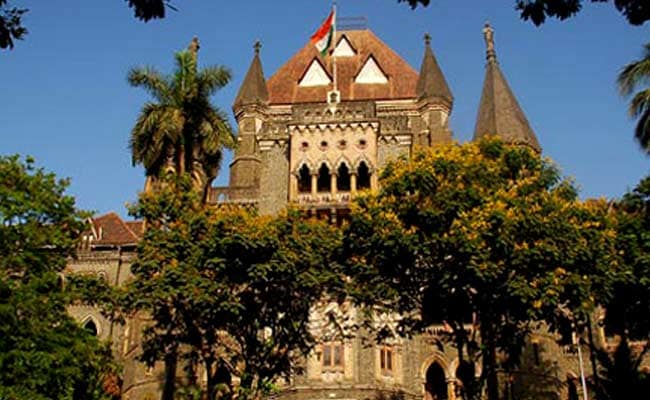
The Maharashtra government's decision granting reservation to the Maratha community was an "election gimmick and politically motivated", petitioners challenging the quota told the Bombay High Court Wednesday.
They also claimed that the government did not have the legislative power to take such a decision.
A division bench of Justices Ranjit More and Bharati Dangre Wednesday commenced the final hearing on a bunch of petitions challenging the 16 per cent quota granted to the numerically strong community in government jobs and educational institutions.
Advocate Gunaratan Sadavarte, appearing for one of the petitioners Jaishree Patil, argued that the government's decision was "politically motivated and a a poll gimmick".
"The Central legislation says reservation in any state should not exceed 50 per cent. Presently, reservation in Maharashtra stands at 78 per cent (including the Maratha quota). The state cannot go beyond what the Central legislation says," Mr Sadavarte said.
Senior counsel Arvind Datar, who was appearing for another petitioner Sanjeet Shukla, demanded that the quota decision be quashed and set aside. He said the government lacked the legislative powers to pass such a Bill.
"The Central legislation and the Supreme Court order clearly says that reservation should not exceed 50 per cent," Mr Datar said.
Mr Sadavarte further told the high court that the report submitted by the Maharashtra State Backward Classes Commission (MSBCC), on the basis of which the government took the quota decision, has mentioned that Maratha is not a caste in itself, and that they are part of Kunbi caste.
"Kunbi caste is already included in the Other Backward Class (OBC) and has reservation. If Marathas are part of the same caste then they should have been included in the OBC category," he argued.
"What was the need to create a separate Socially and Educationally Backward Class category for the Maratha community?" questioned Mr Sadavarte.
He claimed the government's motive was to appease the Maratha community.
The Maratha community was only a weaker section of the society and not socially backward, as claimed by the government, Mr Sadavarte said.
He also questioned the contention of the government and the MSBCC that the number of Maratha farmers committing suicide is more than farmers from other castes.
The bench will continue hearing the arguments on Thursday.
On November 30, 2018, the Maharashtra legislature passed a bill proposing 16 per cent reservation for Marathas on the ground that they are a socially and educationally backward class.
Several petitions opposing and supporting the quota were filed in the high court after the bill was passed.
Track Latest News Live on NDTV.com and get news updates from India and around the world

